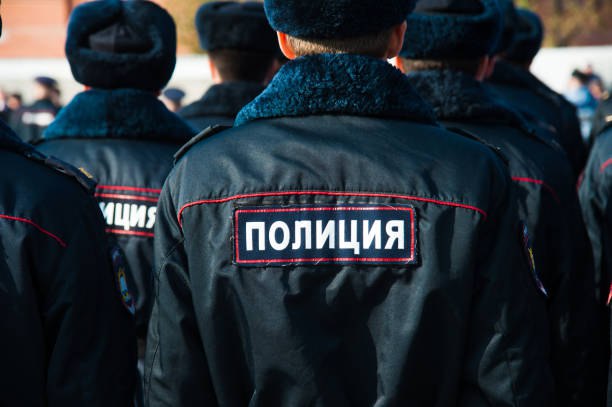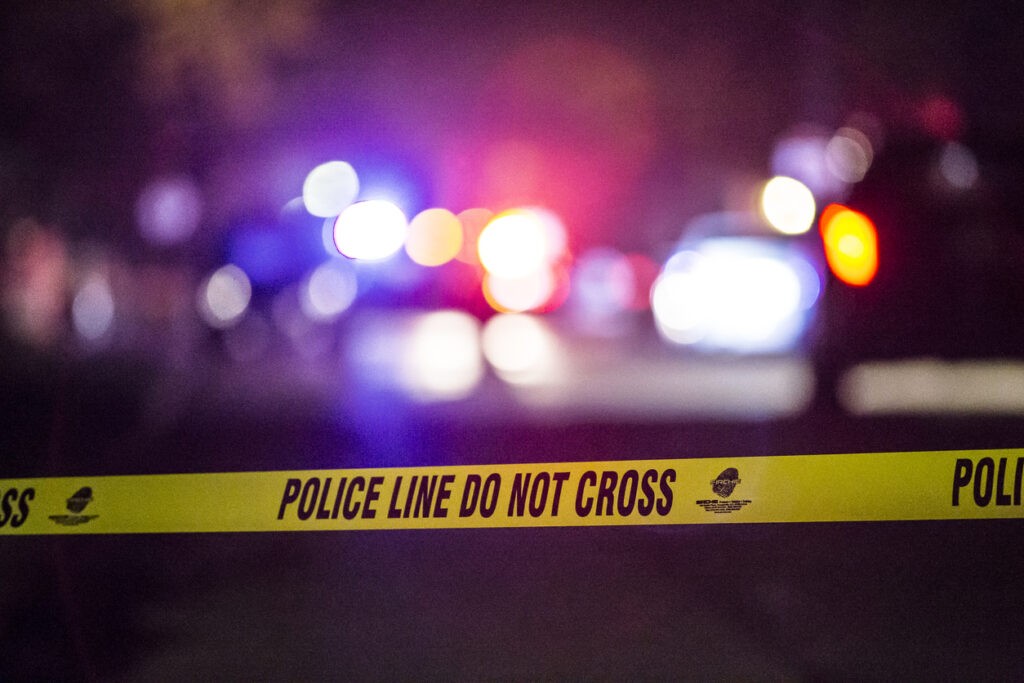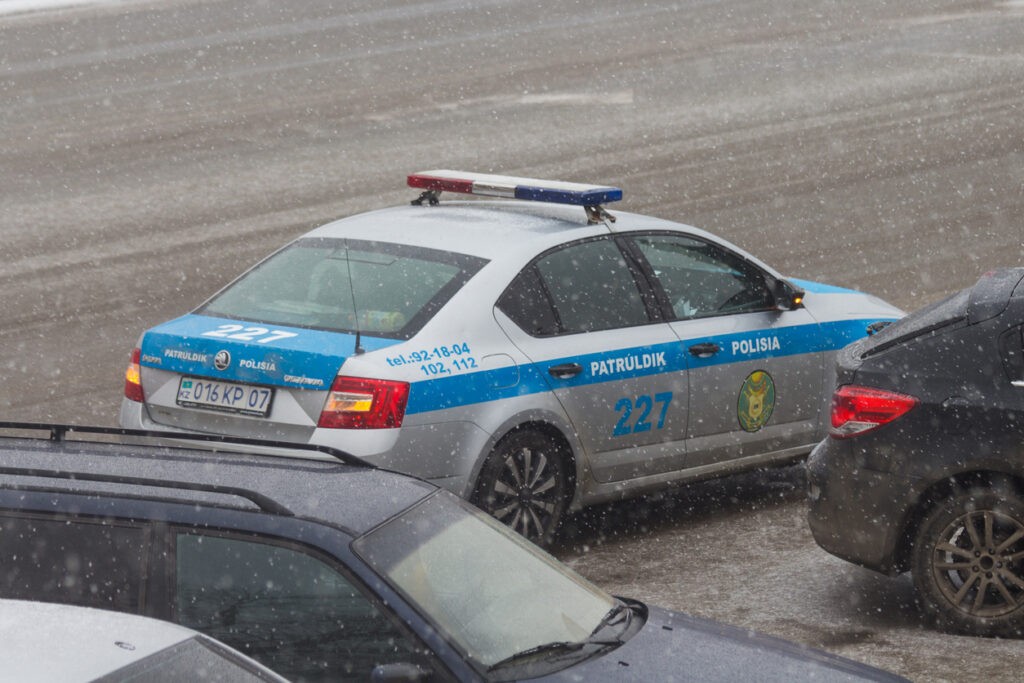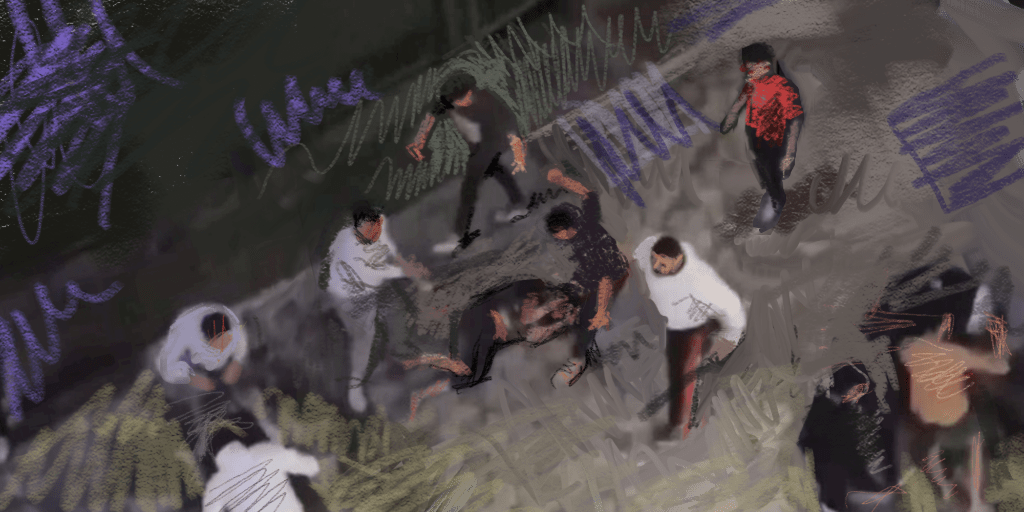Uzbek Singer Concert Raided in Krasnoyarsk by Russian Guard
A concert by Uzbek singer Jaloliddin Ahmadaliyev in Russia’s Krasnoyarsk region was abruptly interrupted when officers from the Russian National Guard (Rosgvardiya) raided the venue with sniffer dogs and began conducting mass document checks. According to Russian state media RIA Novosti, the raid took place on September 22 at the Korona banquet hall in the Yemelyanovo district. Authorities said the operation was aimed at identifying foreign nationals in violation of migration laws and individuals potentially linked to drug trafficking. More than 600 people attended the event, and officers reportedly checked the documents of 620 individuals, including 210 foreign citizens. Witnesses said some attendees were forcibly removed from the venue, but no illegal substances or contraband were discovered during the sweep. Uzbekistan’s Ministry of Foreign Affairs confirmed the incident, stating that eight Uzbek nationals were found to be in violation of Russian migration regulations. Four were fined and ordered to be deported, while the remaining four were placed in a temporary detention facility for foreign citizens in Krasnoyarsk. The ministry stated that law enforcement actions must have a legal basis and should not disrupt cultural events. The Consulate General of Uzbekistan in Novosibirsk is providing legal assistance to the detained individuals. In a statement published via its official Telegram channel, the consulate clarified that the concert had not been coordinated with local authorities. In contrast, a previous Ahmadaliyev performance in Novosibirsk was formally approved and took place without incident. The consulate noted that the event in Krasnoyarsk was privately organized by Russian citizens in a venue not designed for large-scale cultural gatherings. While acknowledging that Russian authorities have the right to enforce migration regulations, the consulate urged that such operations not interfere with cultural events. It added that all required documentation has been submitted to local law enforcement in Krasnoyarsk for a legal review of the incident.






